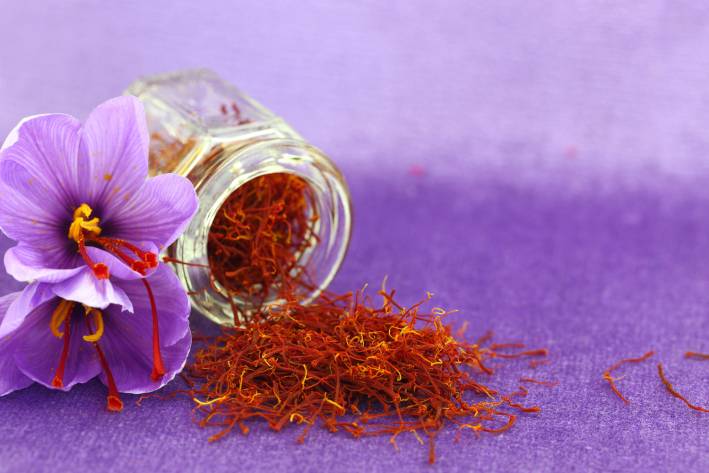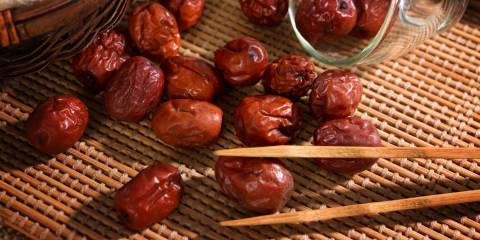If you’ve ever eaten the Spanish dish paella, you know how beautiful and flavorful saffron can be. Botanical references date back thousands of years.
And modern researchers have identified another potential use for this Middle Eastern herb that contains more than 150 volatile and aroma-yielding compounds.
Life is challenging enough for those suffering from depression. So when medications intended to help have the potential to cause side effects, it makes sense to consider safe, effective alternative treatments. That’s where saffron comes into play.
Saffron as a Natural Antidepressant
A study by Australian researchers published in Human Psychopharmacology: Clinical and Experimental reviewed six studies and concluded that “compared with antidepressant medications,” saffron (Crocus sativus) “had similar antidepressant efficacy.”
Wow.
A natural compound can be as effective in reducing symptoms of mild-to-moderate depression as prescription drugs? That’s impressive. Better yet, no side effects.
Saffron Compared to Prescription Antidepressants
- Study participants were given 30 milligrams (mg) of saffron divided equally into two daily doses.
- The control group was treated with commonly prescribed antidepressants, fluoxetine or imipramine.
The results, the researchers concluded, were similar in treating patients with mild to moderate depression.
The only difference: Those taking the prescription drugs reported side effects ranging from dry mouth to excess sedation. Those taking the saffron reported no such ailments.
Long-term studies of saffron’s antidepressant effects are still needed as none of the studies lasted longer than eight weeks, but the science seems promising.
For Compulsive Eating
A look at studies linking saffron extract to a reduction in compulsive eating (as compared to control groups) finds that:
- Saffron extract improved snacking behavior by 55 percent (versus 28 percent).
- Saffron extract decreased appetite by 84 percent (versus 52 percent).
- Saffron extract decreased the urge for sugary snacks by 78 percent (versus 46 percent).
Effective Dosage
If you’re going to try saffron to mitigate mild to moderate depression, published studies indicate that 15 mg twice a day is effective; up to 5 grams per day is considered safe, but that’s much more than you’ll likely need. Effects, the studies showed, can be felt in as little as a week.
Precautions
Researchers warned that those who take anti-coagulants or people with blood coagulation disorders should exercise caution in using saffron.





